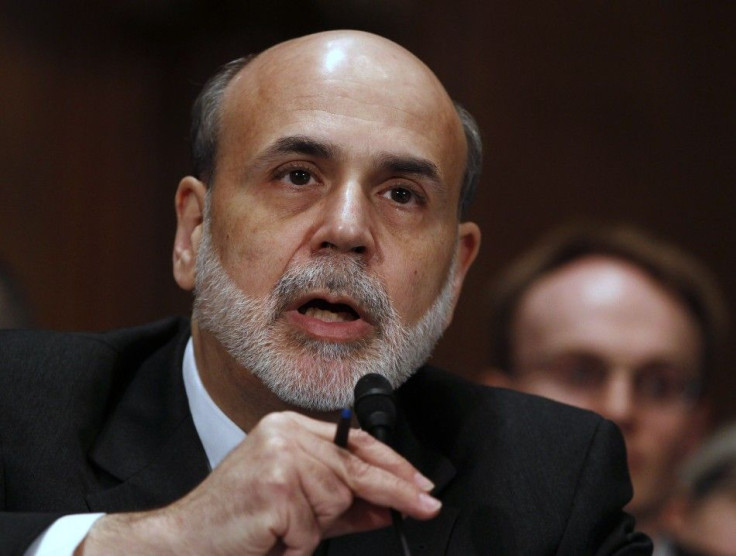Obama should blame the Fed instead for high gas prices
COLUMN: The Federal Reserve practically forced investors to drive up gasoline prices by creating an environment of negative real interest rates.

President Obama just announced that his Attorney General will form a task force to probe fraud in the energy market. What the Attorney General should do instead is investigate the Federal Reserve.
It’s absolutely true that speculators have swarmed into commodity futures and driven up gasoline prices to $4 per gallon. They should not be blamed, however, because the Federal Reserve practically forced them to do it.
Currently, the US benchmark interest rate is zero and the 5-year Treasury yield is 2.11 percent. Meanwhile inflation is at 2.7 percent. The real interest rate, therefore, is negative.
In other words, the US financial system fails to store the value of money.
If investors put them risk-free Treasuries, they will lose purchasing power. If they lend money out in the real economy, they will get a bad risk-adjusted return because all loans are simply the US benchmark interest rate plus a markup to reflect credit risk.
The only sensible thing for investors to do, then, is to invest in equities and commodities.
Equities is an inflation hedge because successful businesses keep up with the rate of inflation. Commodities, on the other hand, are finite physical assets that will store value and keep up with inflation.
Because of the negative real interest rate in the past few years, investors have scooped up commodities crossed the board; crude oil/gasoline is hardly the only one to rally. Silver, for example, has already surged 50 percent in 2011. By investing in these commodities, investors were able to earn a decent real return on their capital.
In capitalism, having a reasonable chance of earning a real return on one’s capital is a fundamental right.
If the government were to deprive investors of that right, it would practice what’s called ‘financial oppression.’ It would inch the US away from market capitalism and towards a planned economy.
The problem of soaring gas prices, therefore, lies squarely on the Federal Reserve because it made commodities one of the few investments that can store the value of money.
To lower gasoline prices, all the Federal Reserve has to do is raise the US benchmark interest rate and make it practical for investors to earn a decent real return on their capital through fixed-income (i.e. loans).
Moreover, doing so will make the US dollar appreciate, thereby driving down the cost of imported oil.
© Copyright IBTimes 2024. All rights reserved.











